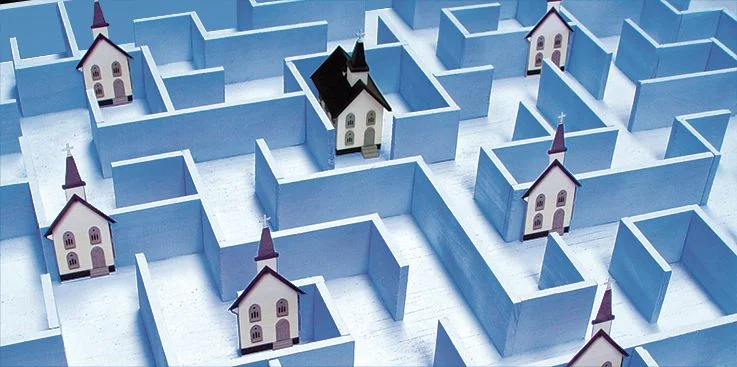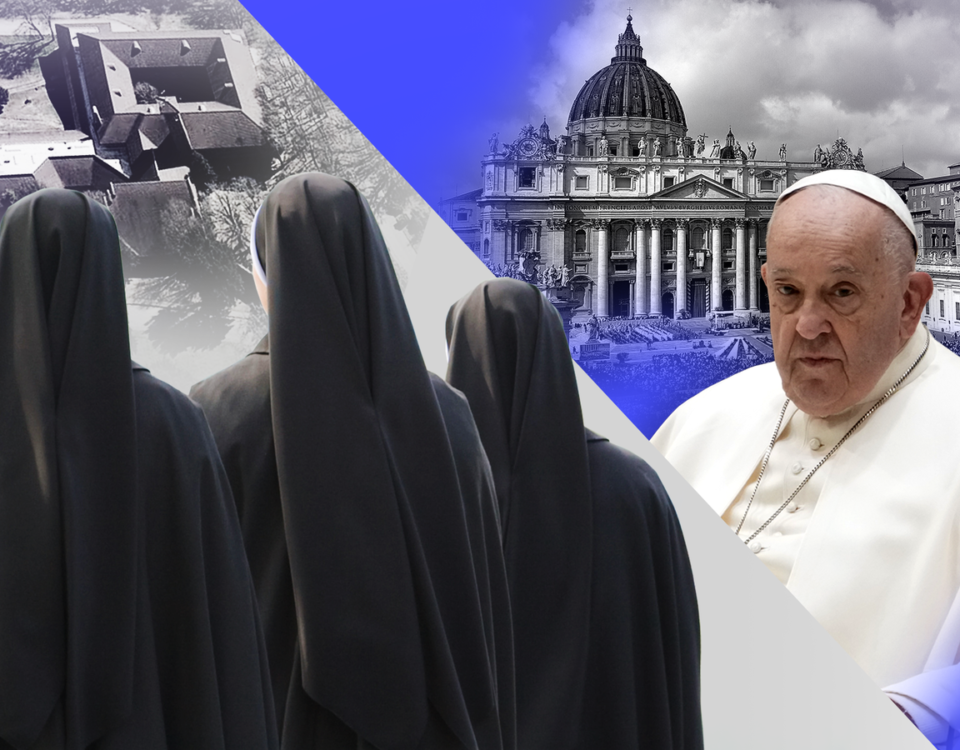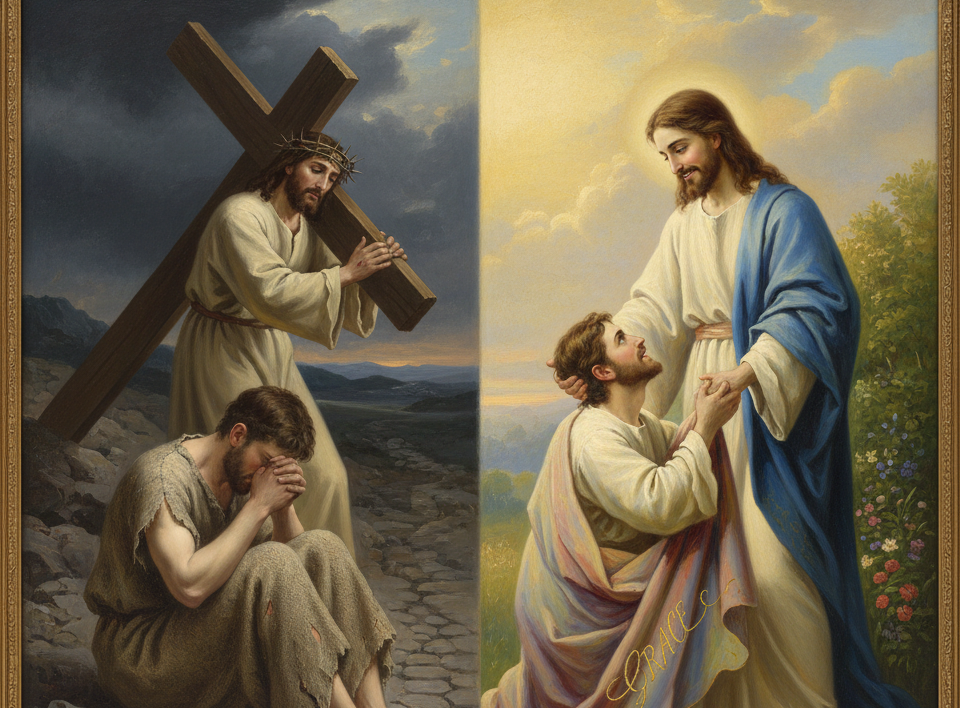Divine Retreat Centre UK – Official Website

The Inspiring Legacy of Saint Vincent de Paul
May 10, 2025
Tale of a Clay Pot
May 21, 2025The Kingdom of God in Luke: From Promised Land to Fulfilled Covenant
In the teachings of Jesus, few themes are as central—or as transformative—as the Kingdom of God. This reflection explores the vision of the Kingdom in the Gospel of Luke, connecting it with the promises of the Old Testament and the lived reality of the Church today. As we trace the journey from the promised land to the Paschal mystery, we come to see the Kingdom not just as a future hope, but as a present reality lived in faith, unity, and love.
From Promised Land to Kingdom Reality
Biblical Foundations
The concept of the “promised land” is foundational in Scripture, representing God’s covenantal faithfulness to His people. In the Old Testament, it is a physical inheritance for Israel. In the New Testament, Jesus reveals a deeper fulfillment—a spiritual Kingdom offered to all who follow Him.
In Luke 6:20–26, Jesus declares:
“Blessed are you who are poor, for yours is the Kingdom of God.”
“Blessed are you who weep now, for you shall laugh.”
These beatitudes reflect the radical inversion of worldly values. The “promised land” is no longer a piece of earth—it is life in communion with God, especially for the humble, the suffering, and the faithful.
Old Covenant, New Covenant
The story of Exodus marked a physical liberation from slavery. But in Christ, liberation becomes spiritual: freedom from sin, not just Egypt; entry into eternal life, not merely Canaan.
“Do not think that I have come to abolish the Law or the Prophets; I have not come to abolish them but to fulfill them” (Matthew 5:17).
Jesus fulfills the Law and the Prophets, revealing that the true promised land is found in Him. Through His life, death, and Resurrection, the Kingdom is inaugurated—yet we still await its fullness.
The Paradox of the Kingdom
Jesus’ teaching often contains paradoxical wisdom: joy in suffering, strength in weakness, and triumph through the Cross. His Sermon on the Plain in Luke shows how those most rejected by the world are those most embraced by the Kingdom.
Suffering, in this vision, is not meaningless—it becomes a gateway to grace. Faith calls us to look beyond worldly comforts and seek the peace that only God can give.
Unity Amid Division
Denominational Differences and Shared Foundations
Christians today worship in many different traditions. Some may question Catholic teaching, often from a place of misunderstanding or different scriptural interpretation. But instead of allowing these differences to sow division, we are called to dialogue, humility, and shared pursuit of truth.
All who follow Christ share a common heritage rooted in Scripture. As Catholics, we believe the Church continues the apostolic mission, safeguarded through Sacred Tradition and Magisterial authority, but we also acknowledge the gifts present in other Christian communities.
The Eucharist: Sign of Fulfillment
Central to Catholic belief is the Eucharist, the true presence of Christ, and the new manna that nourishes the faithful on their journey—just as God fed Israel in the wilderness. It is both foretaste and fulfillment of the Kingdom, drawing us into deeper communion with God and one another.
The Final Rest: In Christ Alone
“Come to me, all you who labor and are burdened, and I will give you rest” (Matthew 11:28).
The true promised land is not a location, but a person—Jesus Christ. In Him, we find spiritual rest, reconciliation with the Father, and the peace that surpasses understanding.
This rest isn’t escapism—it is an invitation to live our faith actively, extending mercy and justice, especially to the poor and brokenhearted.
Reflections on the Journey
Correction as Growth
Part of belonging to the Kingdom is being open to transformation. The Church itself, while divinely instituted, is made up of human beings in need of continual conversion. Accepting correction—whether personal or institutional—is a mark of maturity and love.
A Call to Communion
We are pilgrims together, moving toward the fullness of God’s Kingdom. Every Mass, every act of charity, every prayer unites us more deeply to Christ and each other. The Church becomes not just an institution, but a family journeying together toward the promised rest.
Conclusion: Living the Kingdom Now
To be part of the Kingdom of God is to walk a path of faith, humility, and mission. The Gospel of Luke reminds us that God’s promises are not only fulfilled in the past or reserved for the future—they are alive and active in the Church, in the Eucharist, and in our love for one another.
Let us remain rooted in Scripture, open to dialogue, committed to justice, and eager to build unity. In doing so, we become true citizens of the Kingdom—a Kingdom that is already here and still to come.
Praise the Lord, now and forever.




